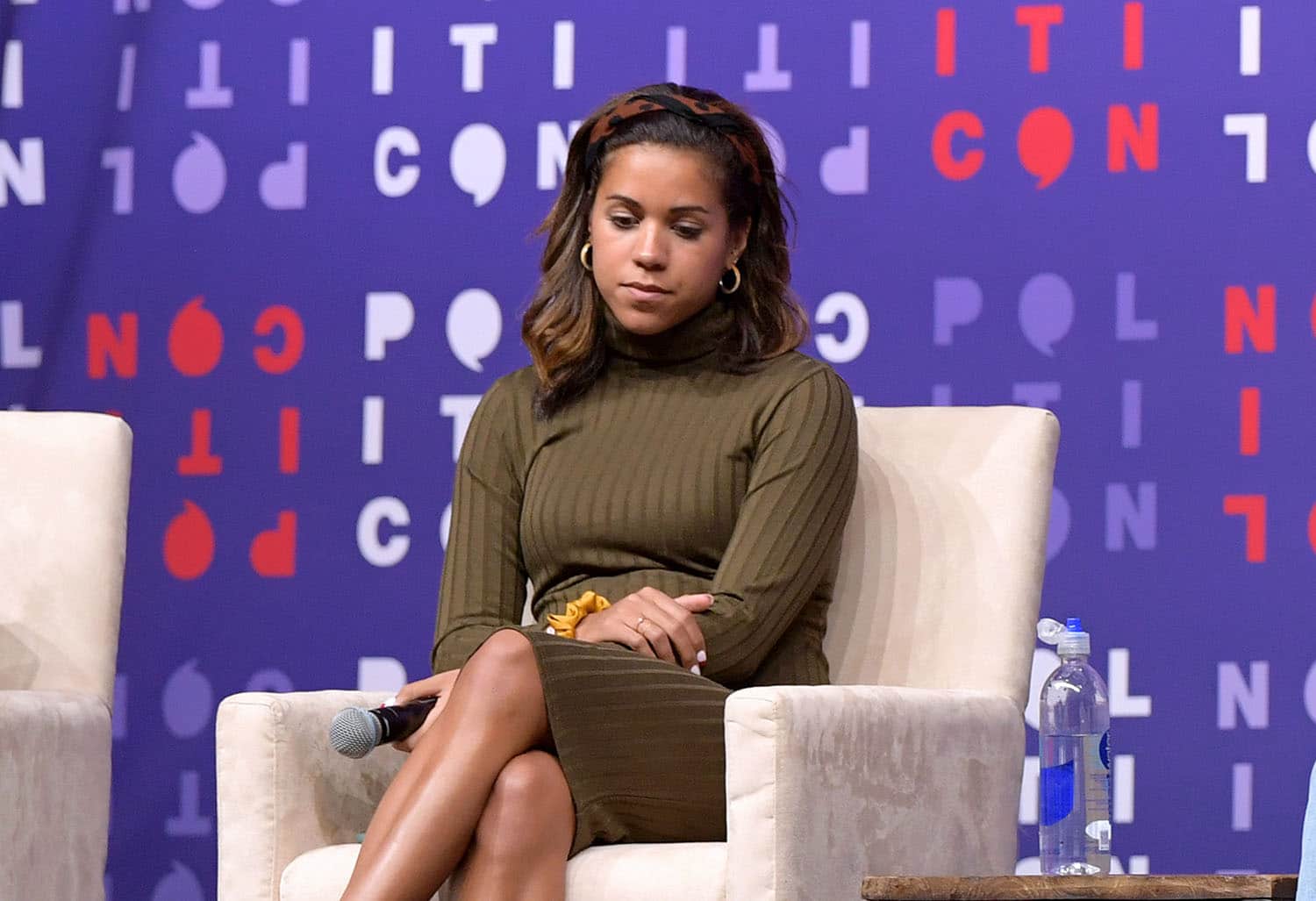
Alexi McCammond has an impressive resume for a 27-year-old: A former political reporter for Axios, MSNBC and NBC, she covered the 2018 elections as well as the 2020 Biden presidential campaign. In 2019, the National Association of Black Journalists named her the emerging journalist of the year. This month, McCammond was set to start a new job as editor-in-chief of Teen Vogue. And then the skeletons in her social media closet emerged.
A decade ago, when McCammond was a teenager, she had posted “racist and homophobic tweets,” according to a statement by Teen Vogue staff. Those tweets included mentions of “swollen, asian eyes,” a “stupid asian T.A.” and “an old Asian woman.” She had also used slurs against gay people. McCammond apologized for the tweets in 2019 and removed them, but once her incoming position at Teen Vogue was announced, screenshots of those deleted tweets recirculated on social media. A 2011 Halloween photo of McCammond, in which she was dressed as a Native American, also resurfaced.
I hate what McCammond said about other people, but it’s times like these that I’m infinitely grateful that my refugee parents seldom invested in Halloween costumes when I was a kid (I grew up in the nineties, and people still dressed up for Halloween in Native American headdresses, Mexican sombreros and Japanese kimonos).
In fact, I’m eternally grateful that social media didn’t exist when I was in high school (1997-2001) because, by sheer virtue of having been a teenager, I seldom had anything mature or empathetic to say. I mostly spent my days studying for tests and trying to memorize lyrics from rap songs. Like many teenagers, I wasn’t exactly wise, and if I’d had access to public platforms like Twitter, I would have shot myself in the foot more than Elmer Fudd hunting in the dark.
For the record, McCammond’s comments were unequivocally wrong and, in her own words, quite “idiotic.” But whereas Condé Nast (Teen Vogue’s publisher) saw it fit to fire McCammond, I mostly saw offensive tweets from… a teenager.
I know it’s not a good excuse. But in McCammond’s case, we’re retroactively going after a then-seventeen-year-old. And I’m not sure I’ve ever met a teenager who didn’t accidentally (or purposefully) say something offensive or stupid — and often, at that.
Does this mean we let teens off the hook? Absolutely not, especially if their offensive language leads to bullying. But there should be gradients of punishment and accountability.
And now, I can’t help but ask: Will this argument get me in trouble? I’m deeply afraid of what I just wrote. Will friends who always thought I was a good person accuse me of defending a racist?
I believe in putting bullies in their place, but this agonizing fear makes me wonder whether we are all being held hostage by a few who threaten, on some level, to end our lives. We need to find a way to balance holding people accountable while also being liberated from paralyzing fear over saying the wrong thing.
I do hold by one standard, though: I’ll never fully believe in the validity of cancel culture if Alexi McCammond, Roseanne Barr and J.K. Rowling are cancelled, but Nation of Islam leader Louis Farrakhan, a proud anti-Semite and homophobe, continues to have 350,000 followers, a seat next to presidents and a net worth of $5 million.
In 2000, Farrakhan even admitted regret that his writings may have led to the murder of Malcolm X, who was killed in 1965 by three men with ties to the Nation of Islam. Two months before Malcolm X was killed, Farrakhan wrote, “such a man is worthy of death.”
Here’s the amazing part: After Farrakhan’s acknowledgement, Attallah Shabazz, the oldest daughter of Malcolm X, issued a statement thanking Farrakhan and saying, “I wish him peace.” Isn’t that incredible? We fire a once-ignorant teenager like Alexi McCammond, but Louis Farrakhan doesn’t even get cancelled for incitement to murder.
I recognize that the racism in McCammond’s tweets is especially relevant and dangerous today, as our nation is undergoing a terrible uptick in hate crimes against Asian Americans and continued struggles for the LGBTQ community. But I wish we could use McCammond’s mistakes as a teenager to teach a new generation of kids what not to do. It would be even better if McCammond could be part of that national dialogue. Her first order of business at Teen Vogue could have included giving more platforms to writers of Asian descent.
“You’ve seen some offensive, idiotic tweets from when I was a teenager that perpetuated harmful and racist stereotypes about Asian Americans,” she tweeted on March 10. “I apologized for them years ago, but I want to be clear today: I apologize deeply to all of you for the pain this has caused. There’s no excuse for language like that.”
It’s easy to believe a person whose views you loathe should be cancelled until you stumble, too. Christine Davitt, senior social media manager at Teen Vogue, was among the staff who voiced concern about McCammond. And then, tweets from 2009 resurfaced in which Davitt used the N-word. As the biblical adage says, Let she who is without sin issue the first cancellation.
It’s easy to believe a person whose views you loathe should be cancelled until you stumble, too.
Should McCammond have been denied her incoming position? I don’t think so. I really don’t like what she said, but she apologized even before the screenshots resurfaced. I don’t know why McCammond was let go, but Davitt still has her job. Did Davitt apologize more profusely? What does a cancelled woman have to do to crawl out of the hole we’ve dug for her?
I believe that McCammond will find another media position. But her past will continue to haunt her, and she now can count herself among the growing number of penitent souls whom I call “the unforgiven.”
There’s something terrifying about a lack of forgiveness. Like many people this past year, I had moments when I didn’t know whether I would live or die during this pandemic. But today, I no longer fear death; what I really fear is being cancelled.
Once you die, your hard work, career and countless Happy Hours with friends at the bar cease to exist. But when you’re cancelled in life, it’s a whole different story.
Unless your concept of the afterlife is torment, fire and pitchforks, there’s something to be said for the anticipated solace of wherever you end up after you die. I imagine the afterlife as a place where the soul is shown a mirror that reflects its high and low moments in life, and that soul will work for as long as it takes to make things right. Yes, in the afterlife, people who made racist comments as teenagers will have to make things right somehow. But I can’t help but wonder what sort of punishment awaits those who actually ruin other people’s lives over an offensive comment made decades ago.
I know this sounds morbid — maybe even crazy — but the afterlife sounds like a much more peaceful and compassionate place than the physical world. Given the terrifying disposability of those who’ve been cancelled in the past few years, I know this to be true: God is more forgiving than people. And that’s why I no longer fear death but life. God gives you a second chance; people cancel.
And if they don’t cancel you, they leave you in a career and social purgatory — a world where you’re never sure whether you’ll get another job or another friend, despite apologizing and self-nullifying to the point of metaphoric flagellation. At least in hell, you know where you stand.
At some point, if I haven’t done so already, I’ll probably say something offensive (and it’ll probably be about fellow Iranians). But every day, I’m learning. And every day, I’m trying. Without sarcasm or bitterness, if I make a terrible mistake, I preemptively ask for another chance to make things right. Please, don’t cancel me.
If I can still enjoy Nick Cannon as the host of “The Masked Singer” after his shockingly anti-Semitic comments last summer, maybe others can be forgiven, too. As Cannon said last week on ABC’s “Soul of a Nation”: “It’s not about cancel culture, it’s about counsel culture.” Cannon, who has even met with Jewish leaders such as Rabbi Abraham Cooper, associate dean of the Simon Wiesenthal Center, is trying to right his wrong.
And if God can understand and forgive, then surely we can, too. Life is for the living, but the cancelled are the walking dead. There’s already enough unknown about the afterlife. Let’s not use the blessing of life to create hell on earth.
Tabby Refael is a Los Angeles-based writer, speaker and activist. Follow her on Twitter @RefaelTabby







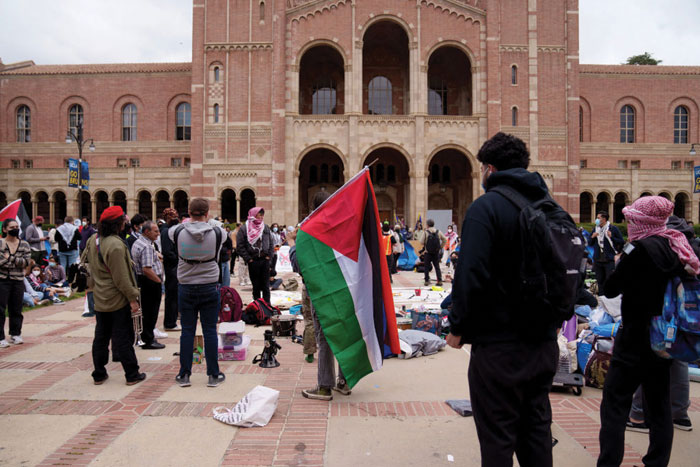

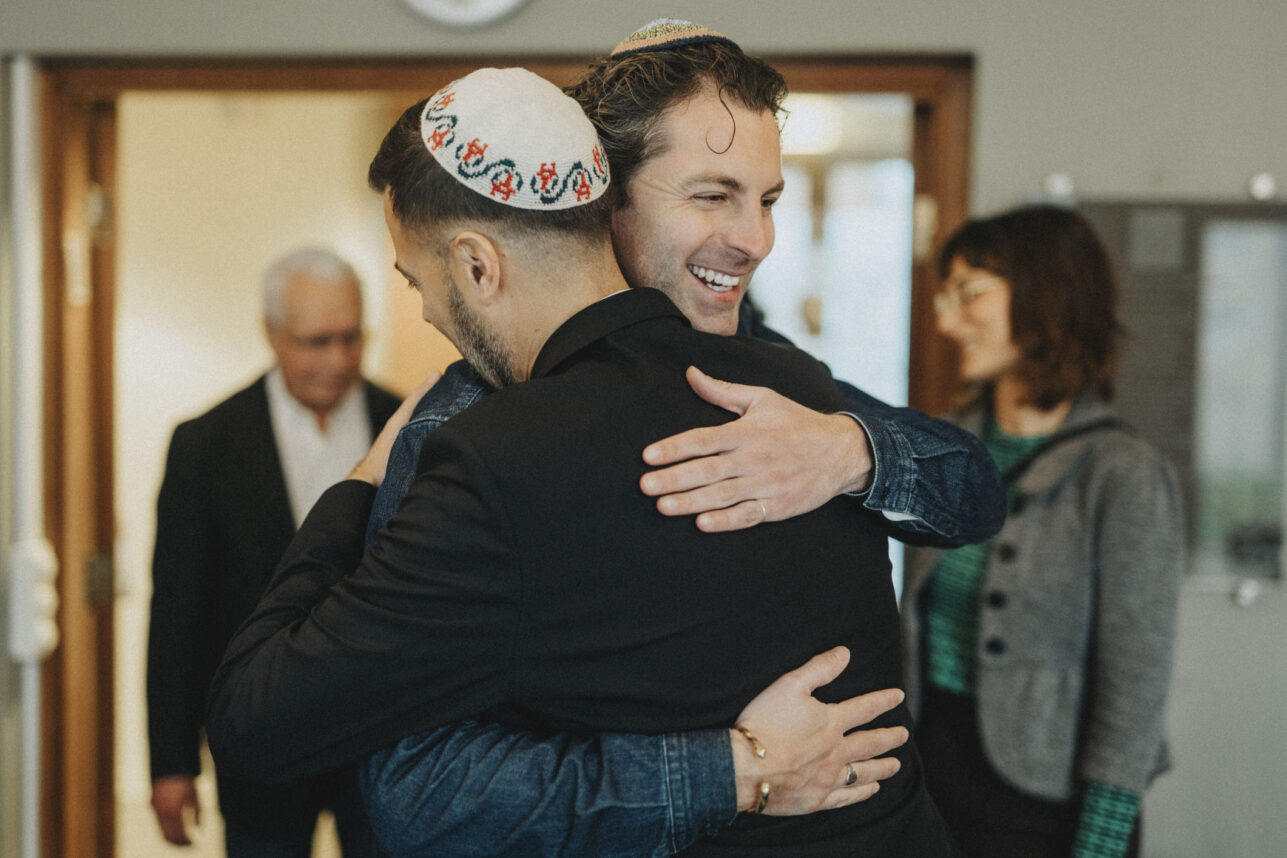
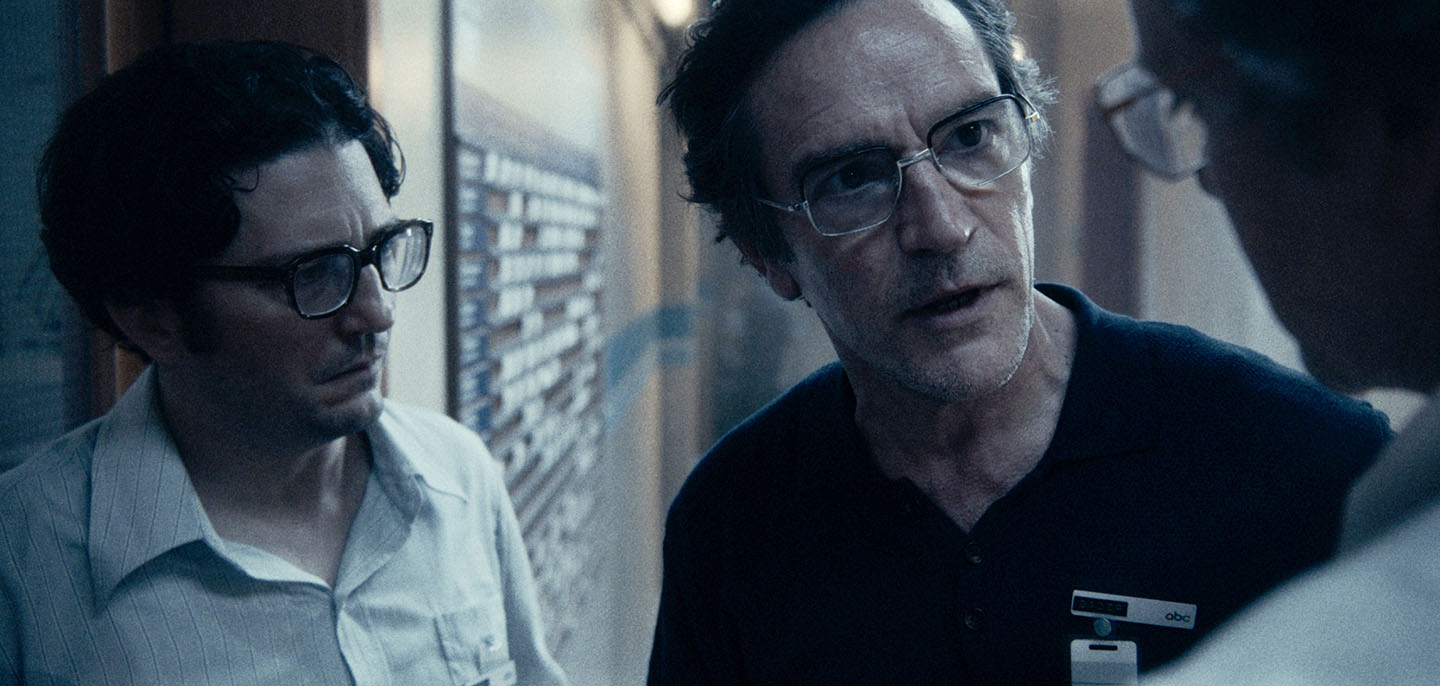
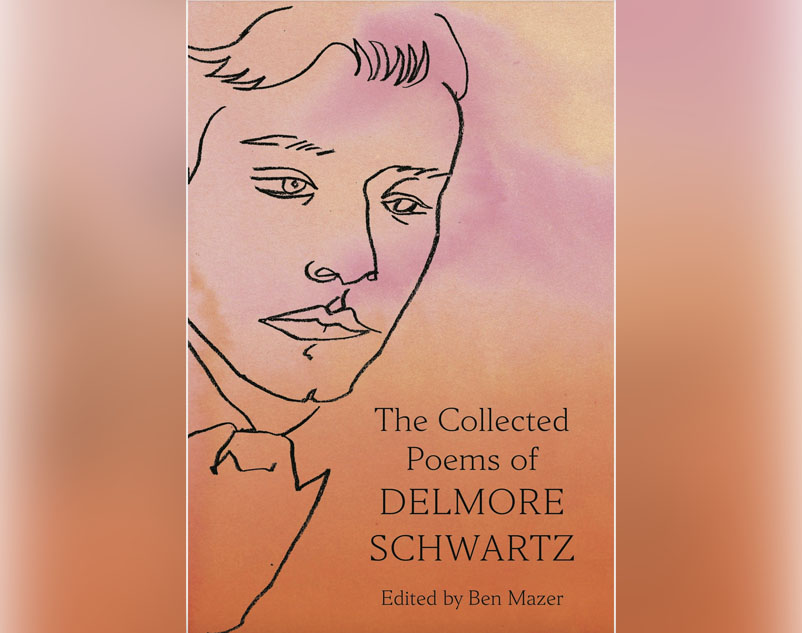

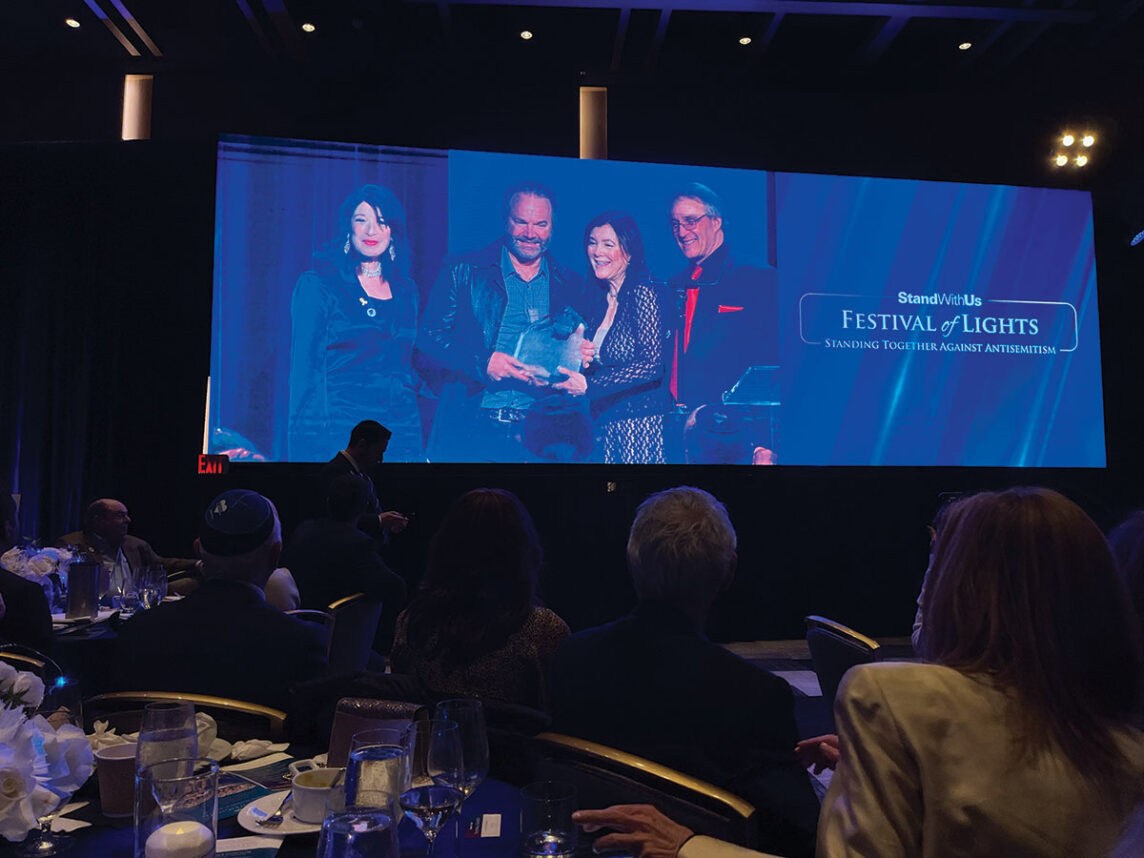
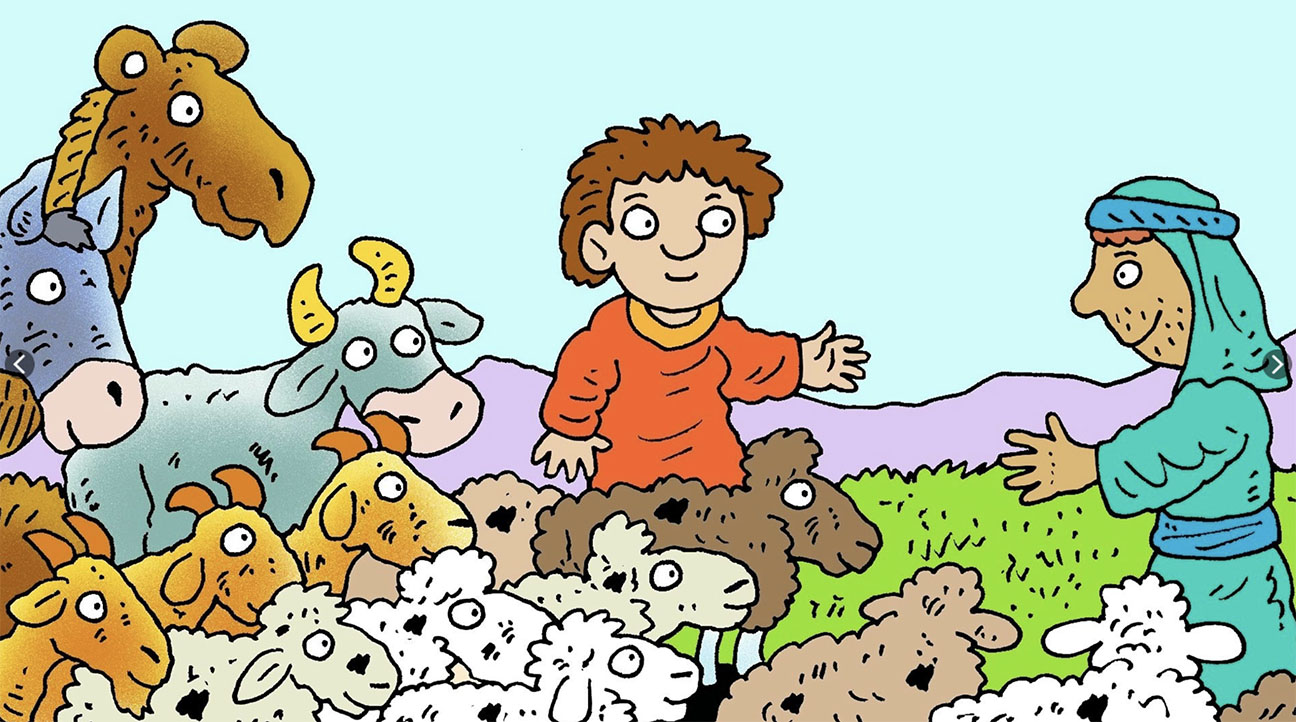
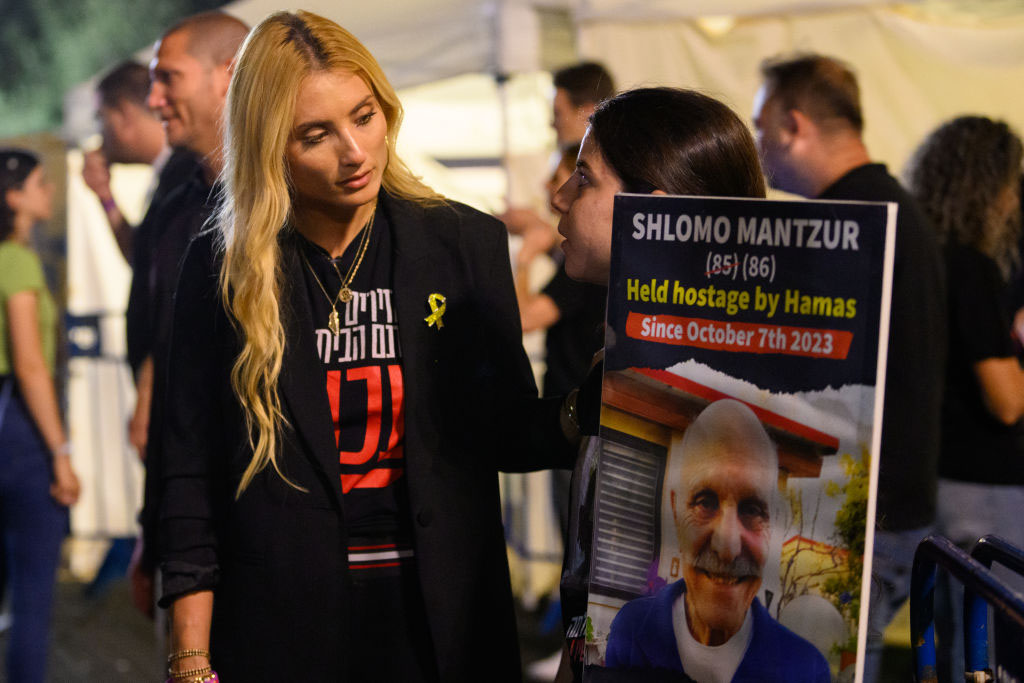
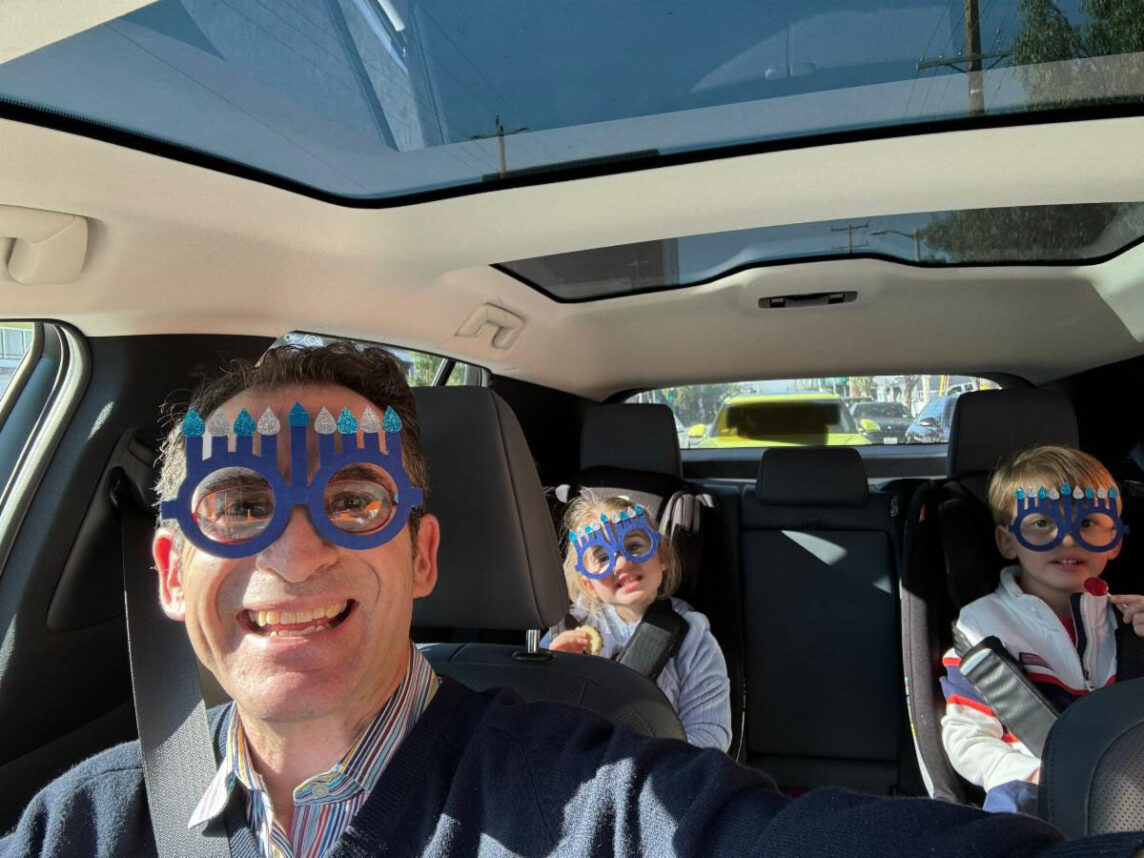





 More news and opinions than at a Shabbat dinner, right in your inbox.
More news and opinions than at a Shabbat dinner, right in your inbox.